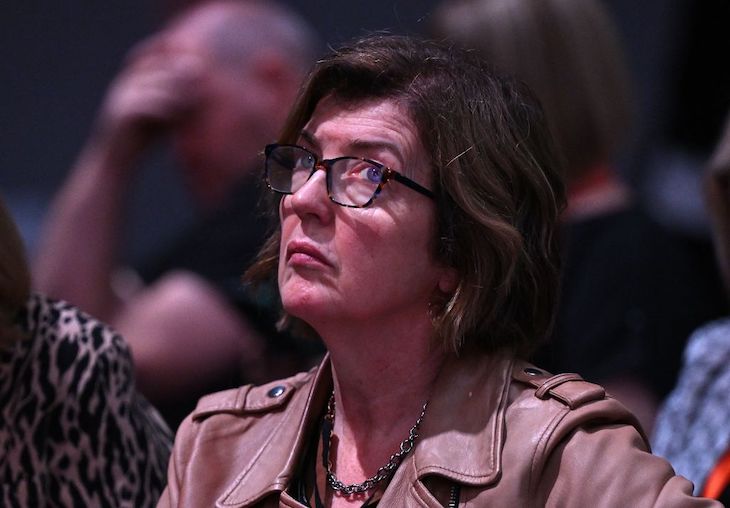A spectre is haunting Westminster – the spectre of the citizens’ assembly. This unkillable bad idea is making the headlines again because of the suggestion that, when Labour comes to power, citizens’ assemblies could be used to develop new policy proposals to put before Parliament. Fittingly, given its essentially anti-political and anti-democratic nature, this idea has been mooted by Sue Gray, Keir Starmer’s ‘chief of staff’, a woman who has wielded enormous power but who holds no elected office and has never offered herself for any public vote, rather than by Starmer or any of his frontbenchers.
Already a subscriber? Log in
Subscribe for just $2 a week
Try a month of The Spectator Australia absolutely free and without commitment. Not only that but – if you choose to continue – you’ll pay just $2 a week for your first year.
- Unlimited access to spectator.com.au and app
- The weekly edition on the Spectator Australia app
- Spectator podcasts and newsletters
- Full access to spectator.co.uk




















Comments
Don't miss out
Join the conversation with other Spectator Australia readers. Subscribe to leave a comment.
SUBSCRIBEAlready a subscriber? Log in